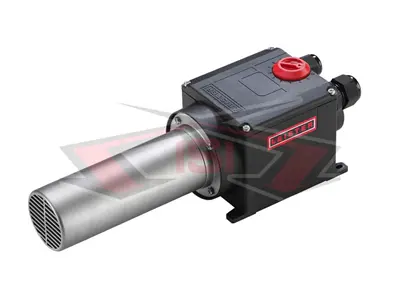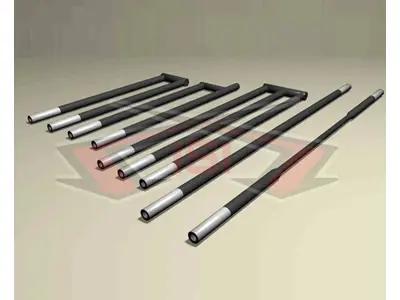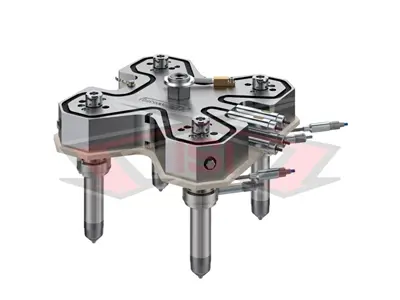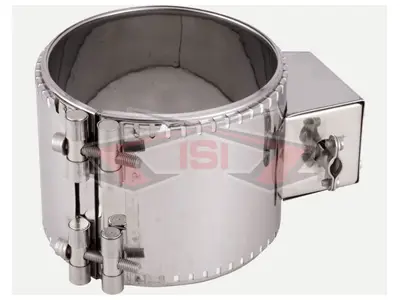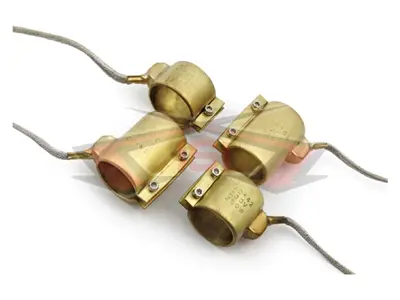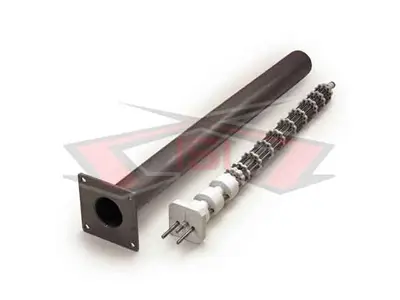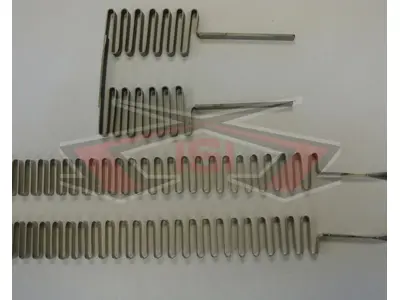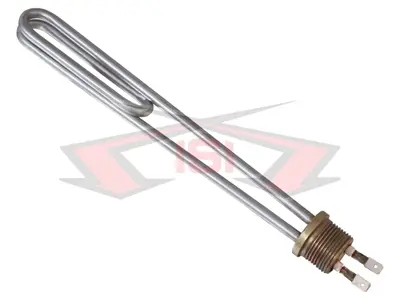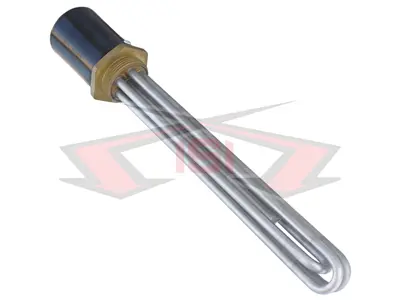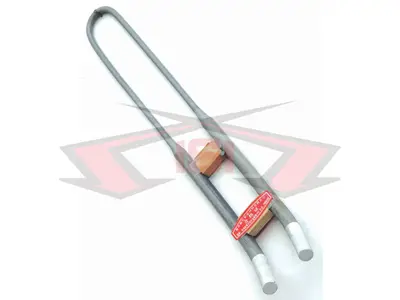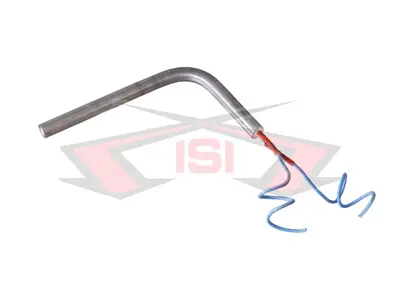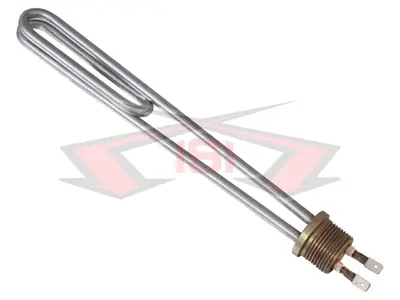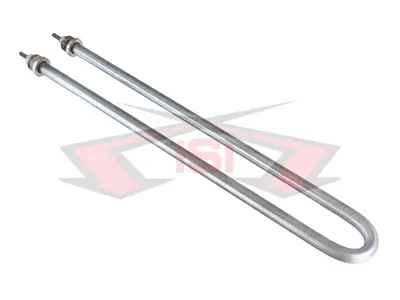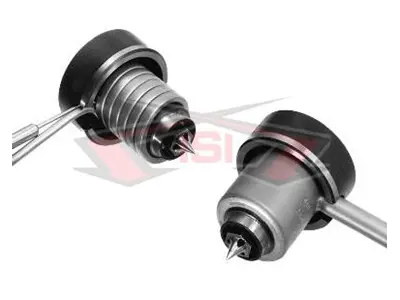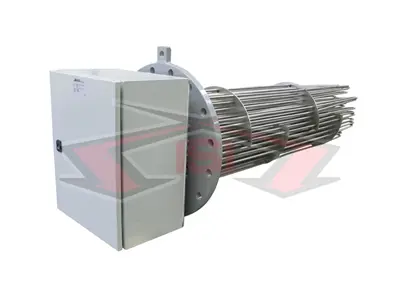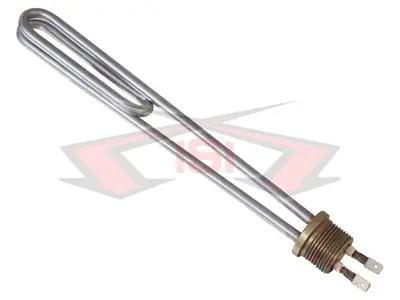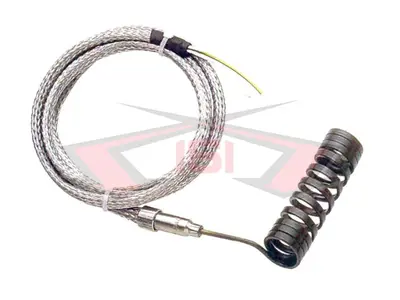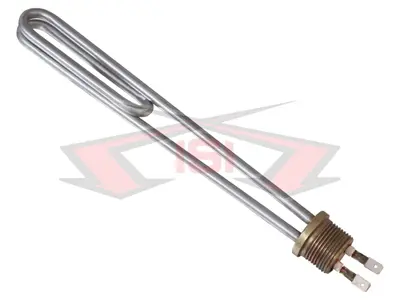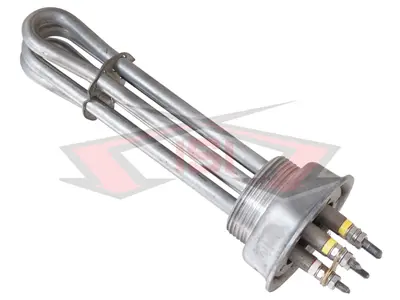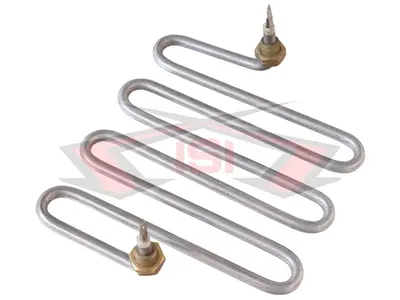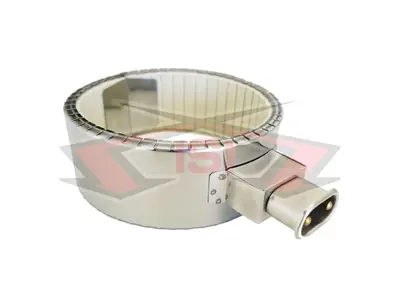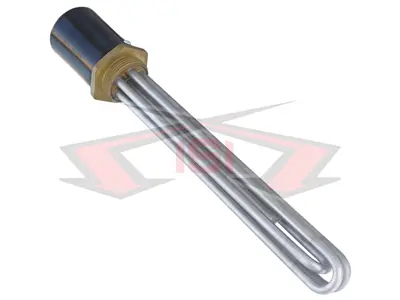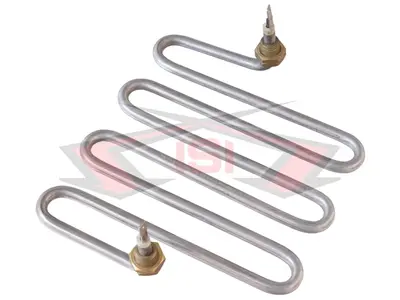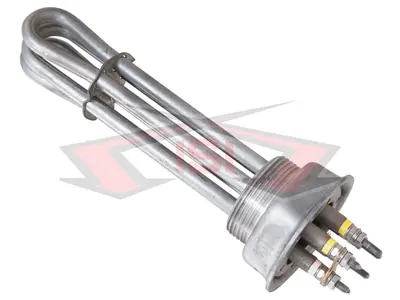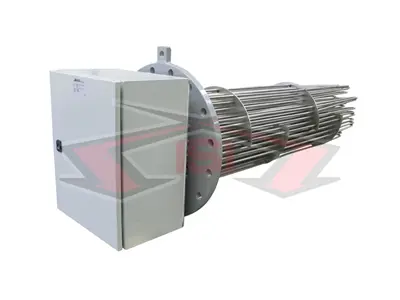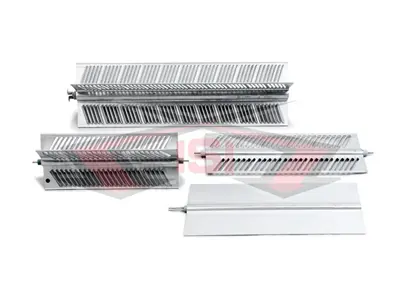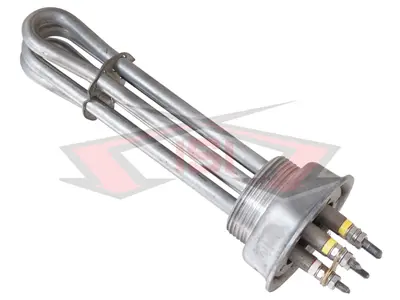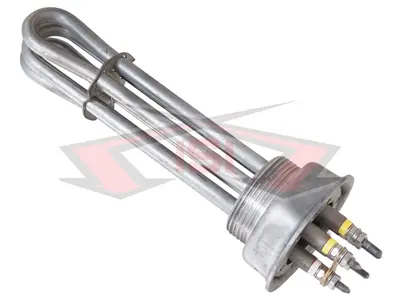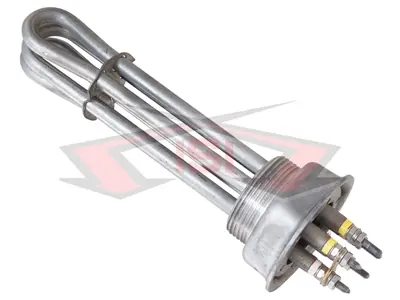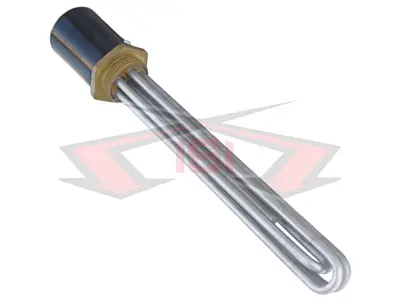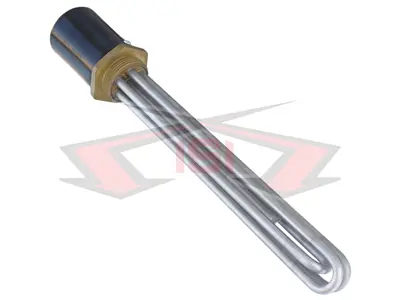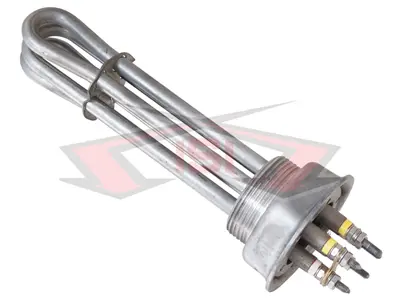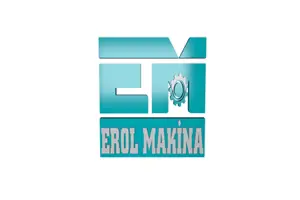Resistance
Resistance, a critical component that converts electrical energy into heat energy and is used in many industrial and domestic applications, is essential in a wide range of applications from water heaters to industrial ovens, medical devices to plastic processing machines thanks to their reliability, efficiency, and durability. Resistance is a device that generates heat by utilizing the resistance of a conductor through which electric current flows. The process of converting electrical energy to thermal energy is based on Joule's law. Resistances are usually made of nichrome or iron-chromium alloys and can be produced in various shapes and sizes. Resistance wire and resistance cable are the basic components widely used in these applications.
Electrical resistance is an electrical component that converts electrical energy flowing through a resistance into heat energy. This component is generally used for heating purposes. Electrical resistances can be coil-shaped or flat strips. Coil-shaped resistances are usually used inside tubes, while flat strip resistances are generally mounted on plates. Electrical resistances are used in electric stoves, ovens, water heaters, industrial heating systems, and many other devices.
Resistances provide high efficiency by converting electrical energy directly into heat. They heat up quickly when electricity is supplied, offering time savings. Their compact designs, which can be produced in various shapes and sizes, make them suitable for many different applications. Due to being made of quality materials, they are durable and show resistance even in continuous use. In addition, the heat level can easily be adjusted by controlling the electric current, providing a great advantage in meeting precise heating requirements.
Types of resistances and their areas of use are quite wide. Wire resistances made of nichrome or iron-chromium alloys are found in many household appliances such as electric ovens, water heaters, kettles, and toasters. Strip resistances are thin and flat strips and are widely used in industrial ovens and plastic processing machines. Ceramic resistors are used in applications requiring high temperature resistance to protect components inside electronic devices and are common in laboratory ovens and heating elements. Tube-type (rod) resistors are generally used in water heaters, boilers, and oil heaters. These resistors are made of stainless steel, copper, or other corrosion-resistant materials. Resistance wire and resistance cable are the main components of these various resistance types and provide high performance and reliability in various applications.
Resistance Prices
Resistances provide great convenience in heating processes with the advantages they offer. They save energy by converting electrical energy into heat energy with high efficiency and reduce costs. Resistances manufactured from quality materials offer long service life and reduce maintenance costs. Moreover, they provide fast and effective heating by reaching high temperatures quickly. Resistances produced in different sizes and shapes offer suitable solutions for various application areas. Modern resistances are equipped with advanced safety features such as protection against overheating and short circuits, providing safe use.
Resistance prices can vary depending on several factors. The size, power, material, brand, and seller of the resistance can affect prices. Small-sized and low-power resistances are generally more affordable, while industrial-type large-sized and high-power resistances can be sold at higher prices. When buying a resistance, it is important to select the one that meets your needs in terms of size, power, and features and compare prices. Resistance prices can average around {price_range}.
To meet your new or used resistance needs, you can purchase from reliable manufacturers or authorized suppliers on makinaturkiye.com and also get support from authorized services.


